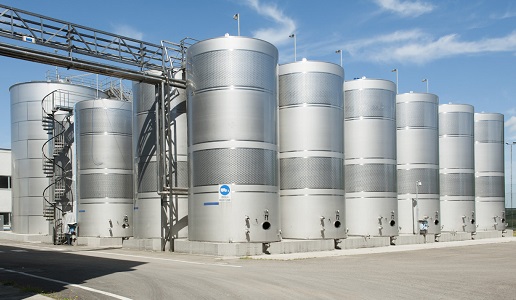Requests to the EU of Coop Wine Italy, France and Spain

Distillation, private storage and flexibility in national plans. The French, Italian and Spanish cooperatives responsible for half of Europe's wine production (almost 75 million hectolitres per year) urge the European Commission to act before the COVID-19 crisis irreversibly damages the wine sector.
The immediate opening of a European crisis distillation of 10 million hectolitres with a specific European budget of €350 million, to provide immediate and concrete responses to a sector strongly affected and on which the economy of entire regions depends". This is one of the requests made by the wine cooperative organisations of France, Italy and Spain, the three main producer countries in Europe and the world, in a letter sent to the main EU institutions. The distillation measure 'must be European and provide for a rate of EUR 35 per hectolitre and also provide for the possibility for Member States to increase the Community quota in order to reach specific prices in the different producer countries of the European Union'.
The three cooperative organisations also ask for a private storage measure for high-end wines, the marketing of which may be postponed. In the case of French, Italian and Spanish wine cooperatives, "these measures must be financed from a European budget and not from the budgets of the national support programme for the wine sector, on the one hand because almost all the measures provided for by the NSPs are being implemented or paid for, and on the other hand because, in order to be effective, these measures must be implemented and financed from a specific Community budget and not depend on the subsidiarity granted to each Member State".
Finally, the European wine cooperative sector welcomed the Commission's announcement to make the terms of the national support programmes for the wine sector more flexible so that Member States can adapt them to the real needs of producers and respond effectively to this crisis.
"Since the beginning of the crisis, the wine sector has been particularly affected - the letter continues - by the slowdown in exports, the closure of bars, hotels and restaurants and the freezing of tourist activities. The European wine sector has already suffered a major market crisis due to the 25% tariffs imposed on certain European wines in October 2019 and the future economic recession will further reduce consumption of a product like wine. The volumes not sold in these months could weigh on the next harvest due to the lack of storage capacity in the cellars".

 Italiano
Italiano







